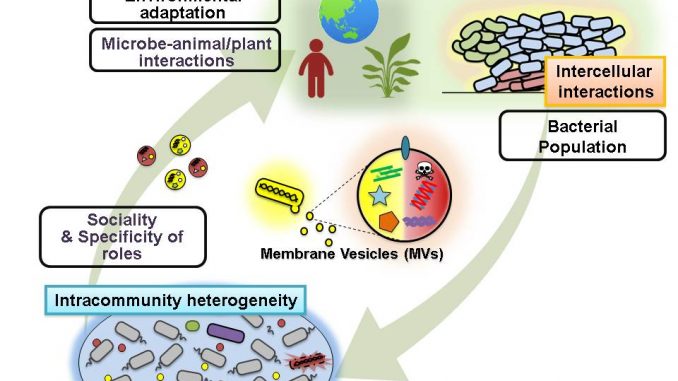
Microbial ecology and Role of microorganism in ecosystem
Microbial ecology
- It is the relationship of microorganisms with one another and with their environment. Microorganism impacts the entire biosphere. They are present in virtually in all part of planet earth including some in extreme conditions such as acidic lakes to deep ocean and from frozen environment to hydrothermal vents.
- Environmental microbiology includes all over microbial processes that occurs in soil, water or air. It is not concern with particular microenvironment where the microorganisms actually functioning but with the broader effect of microbial presence and activity.
- Environmental microbiology includes microbial biodegradation of domestic, agricultural and industrial wastes and also sub-surface pollution in soil, sediments and marine environments.
Role of microorganism in ecosystem
1. Generate Oxygen in atmosphere:
- Almost all of the oxygen produced in earth today occurs by bacteria in prehistoric period.
- Most of the oxygen producers are cyanobacteria (blue green algae) in ocean.
2. Recycle nutrition stored in organic matters to inorganic form:
- Microbial decomposition of organic matters releases the minerals sucha s N, P, K etc and these minerals are bound up and made available for producers (green plants) to use. Without this recycling primary productivity of ecosystem would stop.
- In soil, fungi are the most important decomposers of plant materials and are followed by bacteria.
3. Fix atmospheric Nitrogen into useable form:
- The only organism capable of fixing atmospheric nitrogen into useable form are bacteria. These nitrogen fixing bacteria are Rhizobium, Cyanobacteria etc
4. Microorganisms give plant roots excess to nutrition in soil:
- Plant root creates a zone of nutrition depletion around their surface by using available nutrition.
- A group of fungi called mycorrhiza found associated with rood hairs of plants helps in effective absorption of nutrition in soil.
5. Allows herbivore animals to get nutrition from poor quality food:
- In ruminants animals the ingested food especially cellulose, lignin etc cannot be digested by digestive enzymes in gut but the rumen (stomach) of these animals contains numerous bacteria, fungi and protozoa that carry out fermentation where these complex carbohydrates are digested.
